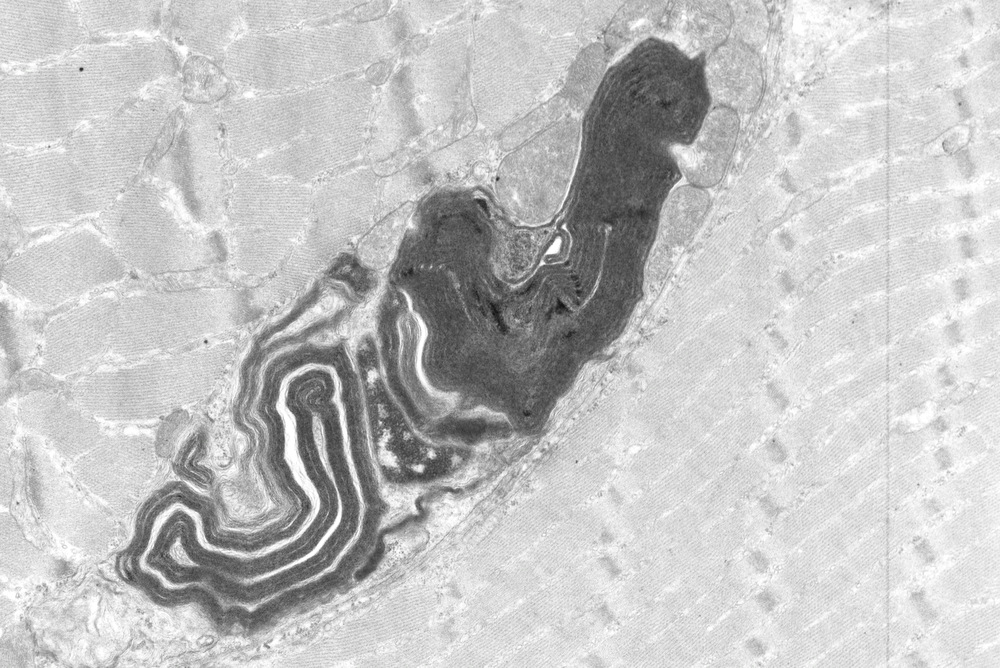Lochmüller, H, Ramirez, AN, Kakkis, E. Disease monitoring programs of rare genetic diseases: transparent data sharing between academic and commercial stakeholders. Orphanet J Rare Dis. 2021.16 (1)141 PMID:33743771
Lochmüller, H, Behin, A, Tournev, I, Tarnopolsky, M, Horváth, R, Pogoryelova, O et al.. Results from a 3-year Non-interventional, Observational Disease Monitoring Program in Adults with GNE Myopathy. J Neuromuscul Dis. 2021.8 (2)225-234 PMID:33459658
Lochmüller, H, Behin, A, Caraco, Y, Lau, H, Mirabella, M, Tournev, I et al.. A phase 3 randomized study evaluating sialic acid extended-release for GNE myopathy. Neurology. 2019.92 (18)e2109-e2117 PMID:31036580
Pogoryelova, O, Urtizberea, JA, Argov, Z, Nishino, I, Lochmüller, H, ENMC workshop study group et al.. 237th ENMC International Workshop: GNE myopathy - current and future research Hoofddorp, The Netherlands, 14-16 September 2018. Neuromuscul Disord. 2019.29 (5)401-410 PMID:30956020
Pogoryelova, O, Wilson, IJ, Mansbach, H, Argov, Z, Nishino, I, Lochmüller, H et al.. GNE genotype explains 20% of phenotypic variability in GNE myopathy. Neurol Genet. 2019.5 (1)e308 PMID:30842975
Alrohaif, H, Pogoryelova, O, Al-Ajmi, A, Aljeryan, LA, Alrashidi, NH, Alefasi, SA et al.. GNE myopathy in the bedouin population of Kuwait: Genetics, prevalence, and clinical description. Muscle Nerve. 2018.58 (5)700-707 PMID:30192030
Pogoryelova, O, González Coraspe, JA, Nikolenko, N, Lochmüller, H, Roos, A. GNE myopathy: from clinics and genetics to pathology and research strategies. Orphanet J Rare Dis. 2018.13 (1)70 PMID:29720219
Pogoryelova, O, Cammish, P, Mansbach, H, Argov, Z, Nishino, I, Skrinar, A et al.. Phenotypic stratification and genotype-phenotype correlation in a heterogeneous, international cohort of GNE myopathy patients: First report from the GNE myopathy Disease Monitoring Program, registry portion. Neuromuscul Disord. 2018.28 (2)158-168 PMID:29305133
Krause, S, Hinderlich, S, Amsili, S, Horstkorte, R, Wiendl, H, Argov, Z et al.. Localization of UDP-GlcNAc 2-epimerase/ManAc kinase (GNE) in the Golgi complex and the nucleus of mammalian cells. Exp Cell Res. 2005.304 (2)365-79 PMID:15748884

